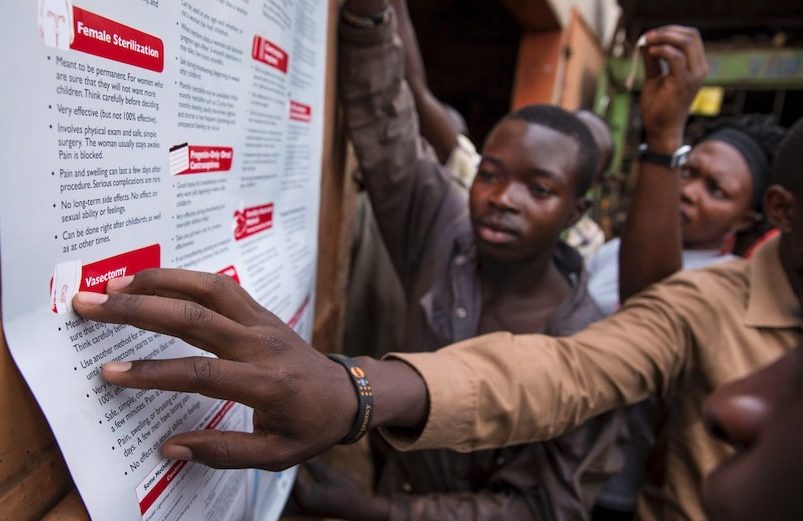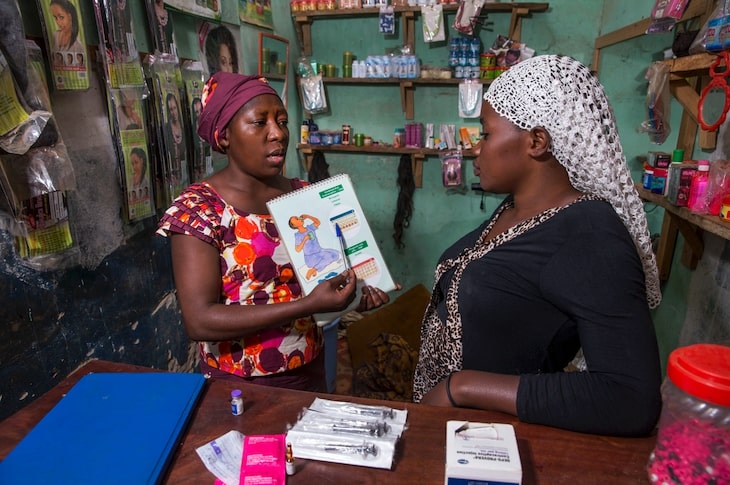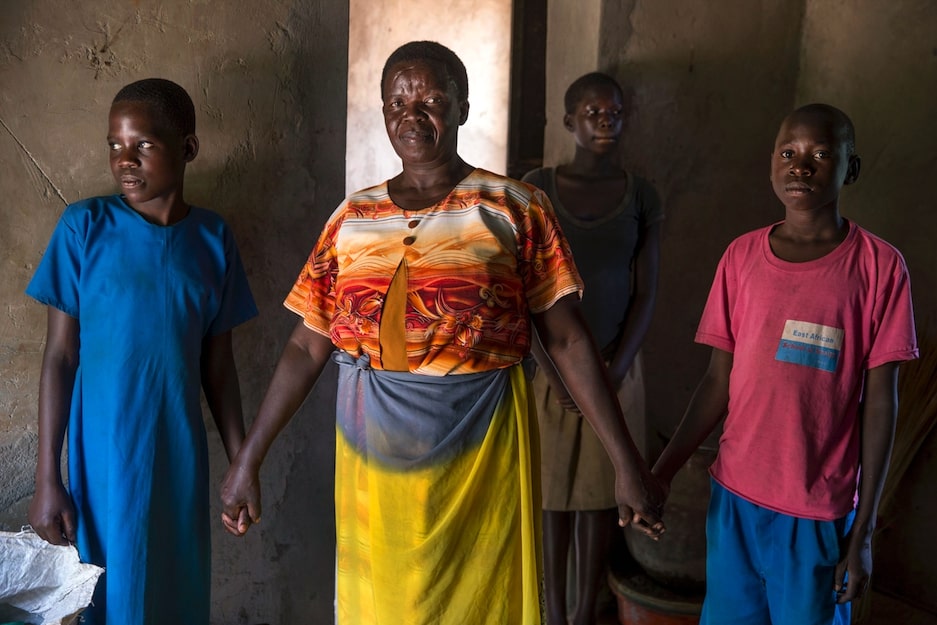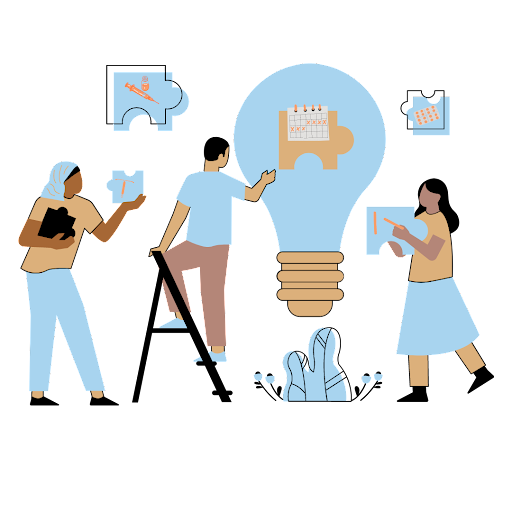The Makerere School of Public Health surveyed the impact of COVID-19 on access to family planning services and unintended pregnancies. It indicated that individuals failed to obtain and utilize family planning and other SRH health services due to:
- Movement restrictions (9%).
- Closure of health facilities (17%).
- Fear of contracting the virus (49%).
- Family would not allow due to COVID-19 (13%).
For these reasons, the already alarming rate of teenage pregnancies (25%) drastically increased. Other catalytic factors (adolescents and young women engaging in transactional sex for basic needs, sexual assault, forced marriage for economic benefits to avert COVID-19-related poverty) aided the increase. Some regions, like the Acholi sub-region, which reported over 17,000 pregnancies, recorded more adolescents and young women procuring abortions. These procedures were predominantly unsafe. Additionally, a significant portion of adolescent girls and boys re-evaluated their continuation of school.
The confirmation of the second wave of the COVID-19 pandemic brought a series of containment measures like those implemented during the first wave. These spell doom for already vulnerable adolescents and young people and could deter Uganda’s progress toward achieving its demographic dividend phase.









